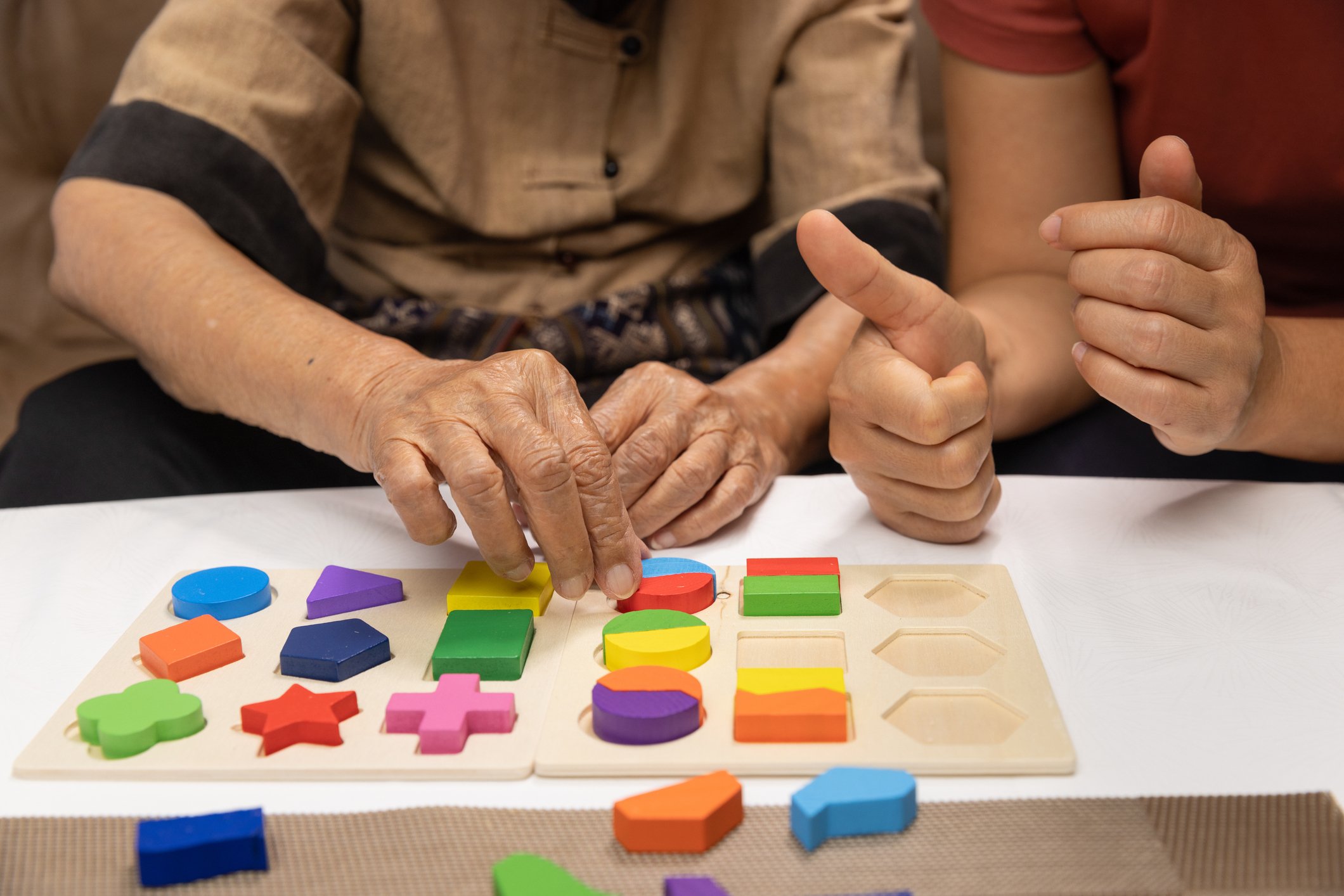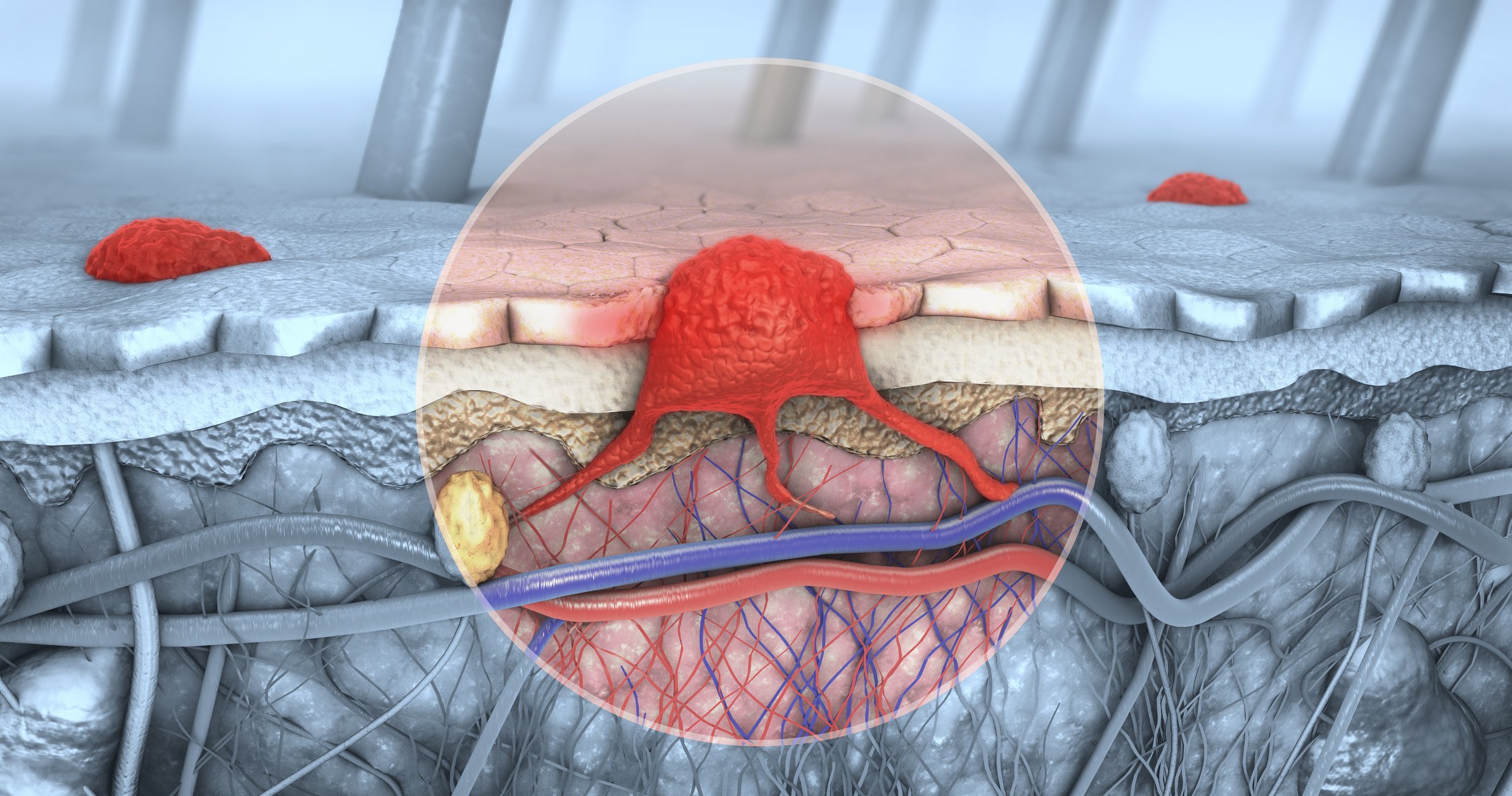Not all depression is the same. Since it is a clinical diagnosis, a detailed differential diagnosis is inevitable. Moreover, guideline-based treatment can only be initiated on the basis of an adequate diagnosis. This should be done on an individual basis and, in addition to the effect and side effects of the individual preparations, can also be based on the symptoms that are in the foreground.
Depression accompanies patients for a very long time – from the acute phase through response to treatment management to remission and possible relapse. Therefore, adequate differential diagnosis is important to enable effective (maintenance) therapy. Neurological disorders such as dementia, epilepsy, multiple sclerosis, or traumatic brain injury should be excluded. In addition, infectious diseases, cardiac diseases, endocrinopathies, inflammatory diseases, neoplastic disorders, nutritional disorders, somatic pain or dermatological diseases. For this, a comprehensive anamnesis, physical-neurological findings as well as technical examinations with, among others, EEG and MRI are indispensable, as Prof. Dr. med. Thomas Jörg Müller, Meiringen, pointed out. In this way, symptomatic or organic depression can be differentiated.
Certain screening procedures can aid in depression diagnosis. These include questionnaires regarding suicide risk and well-being, as well as third-party and self-assessment questionnaires. Nevertheless, depression remains a clinical diagnosis, the expert emphasized. Intensive research is being conducted on neurobiological markers. However, no meaningful parameter has yet been detected. This is due, among other things
the occurrence of cytochromes, which differs depending on the lineage. On this basis, the deviating response of the medication can also be explained. Future research aims to combine the polygenic risk score (PRS) with pharmacodynamic genes to predict the likelihood of the presence of a specific depression and the response to a specific medication. This would significantly accelerate an effective treatment regimen with fewer side effects. But unfortunately, that is still a long way off.
Bipolar or unipolar depression?
In general, good distinguishing characteristics for bipolar or unipolar depression can be used (Table 1) . In addition, indicators exist that can show the likelihood of bipolarity. This includes, for example, a high phase after depression therapy, delusional experiences, and massive psychomotor impairment. Depending on the severity of the depression, treatment should follow the guidelines (Fig. 1) .

In the case of mild depression, the use of herbal preparations is often already aimed in the right direction, says Müller. It is important to engage patients in an individualized approach and to provide comprehensive psychoeducation. Affected individuals should be monitored closely. If a procedure has not achieved an effect after 10-14 days, it should be adjusted and the medication increased. If treatment optimization does not show an effect after six weeks, antidepressants of different classes may be combined, augmentation may be considered, or a switch to another antidepressant may be made. In addition, psychotherapy should be offered during treatment.
Acute treatment of bipolar depression should usually be given as combination therapy with quetiapine, lithium, lamotrigine, and lurasidone and/or an antidepressant (SSRIs – except paroxetine – and bupropion recommended). In exceptional cases, the monotherapy substances can also be used alone, Müller explained. However, it should be noted that lamotrigine and lurasidone are not approved in Switzerland for this indication and lamotrigine must be dosed very slowly due to the risk of serious adverse dermatologic effects.
Medication selection on a symptom basis
Which preparation is ultimately used should be determined individually, also taking into account the symptomatology in the foreground (tab. 2). Since the study situation is not clear and partly based on case series, the classification is based on experience, less on evidence, the expert emphasized.
Therapy resistance
There is no universally accepted definition of treatment resistance. A patient is considered treatment-resistant if he or she fails to respond to at least two cycles of treatment with different antidepressant classes. In this case, it should be checked whether the dosage was sufficiently long and high. Then augmentation measures or an MAO inhibitor come into play.
Congress: Psychiatry and Psychotherapy Update Refresher
Literature:
- Swiss Medical Forum 2016; 16(35): 716-724.
InFo NEUROLOGY & PSYCHIATRY 2021; 19(5): 30-31 (published 10/21-21, ahead of print).













